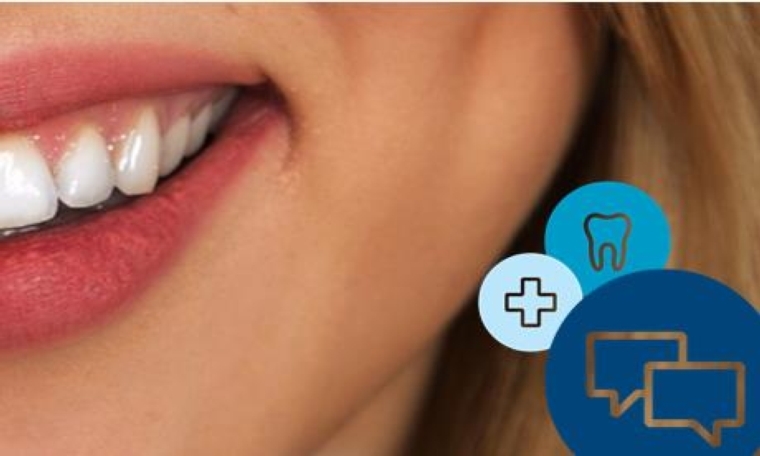
National Smile Month is almost upon us, so to celebrate we’ve put together some key things to consider when creating ads for dental products and treatments.
Hold evidence to support objective claims
Marketers are required to hold robust supporting evidence before making objective claims. When making efficacy claims about a dental product or treatment, the evidence should relate to the specific product or treatment in question and usually consist of independent clinical trials on people. For further advice on the type and level of evidence likely to be required by the ASA, please see our guidance here.
Don’t exaggerate the capabilities of a product
While marketers are entitled to show products in their best light, they shouldn’t mislead consumers about the likely capabilities of a product (rule 3.11). Any claim that implies a product is more effective than the supporting evidence demonstrates is likely to be problematic.
Take care when using before and after images
The use of before and after images is common in ads for dental products and treatments, as a way to demonstrate the capabilities of a product. Before and after images are generally seen the same way as testimonials, so advertisers should ensure they hold documentary evidence that the images are genuine, hold permission to use them in their marketing and hold contact details for the person who provided it (rules 3.45 and 3.48).
When using before and after images, marketers should also ensure they don’t give a misleading impression about the effects likely to be achievable when using the product (rules 3.11 and 3.47). Images should be an accurate representation of the product’s capabilities and be reasonably representative of the effects likely to be achieved by most consumers using the product.
Take care with medical claims
While toothpastes are generally considered to be cosmetic products, if a product or claims about it are medicinal, marketers should ensure that the product has a marketing authorisation from the MHRA (Medicines & Healthcare products Regulatory Agency) and that the claims made comply with that licence.
Medicinal claims are claims that a product can be used to make a medical diagnosis or to treat or prevent disease, an injury, ailment or adverse condition. Deciding whether a claim is medicinal isn’t always straightforward and advertisers in doubt may want to contact the MHRA’s Borderlines team to check they don’t need a licence before they advertise.
Ensure you are permitted to carry out tooth whitening before advertising
Tooth whitening may only be carried out by registered dentists, dental therapists, dental hygienists and clinical technicians working to the prescription of a dentist. Tooth whitening by non-dental professionals could be illegal and if marketers are in doubt about whether they are able to offer tooth whitening, they should check with the General Dental Council before advertising their services.
For whitening claims for toothpastes, make sure you read our previous article here.
For more information, see our guidance on teeth whitening.
If you would like to check whether your ad is likely to comply with the CAP Code, the Copy Advice team is here to help.
More on
-
Keep up to date
Sign up to our rulings, newsletters and emargoed access for Press. Subscribe now.


